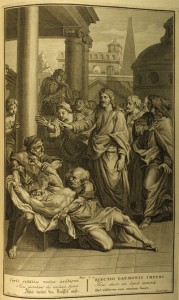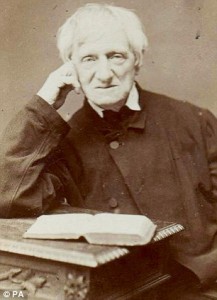 …The Sacraments of Initiation?
…The Sacraments of Initiation?
Over the last three months I’ve commented on the Church’s Sacraments of Initiation. Now it’s time to test your knowledge of them with a brief quiz. Let’s see how well you do! (Hint: If you get stuck, all of the answers can be found in The Catechism of the Catholic Church. )
1. What are the sacraments of initiation?
a. Baptism
b. Baptism and Confirmation
c. Baptism and Eucharist
d. Baptism, Confirmation and the Eucharist
e. Baptism, Reconciliation and the Eucharist
2. True or False: After Baptism takes away original sin, our will is no longer inclined toward evil.
3. True or False: Original sin is a personal sin for which we are responsible.
4. True or False: Baptism is necessary for salvation. Continue reading “How Well Do You Know….”



